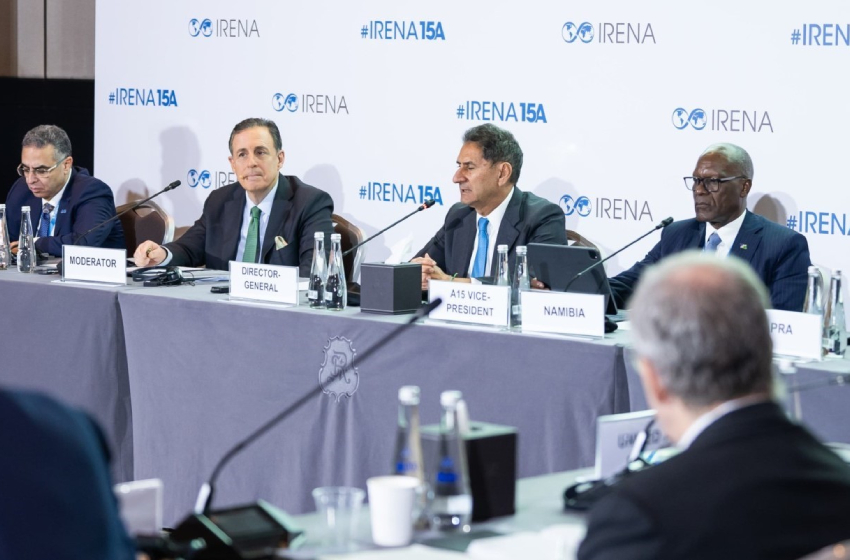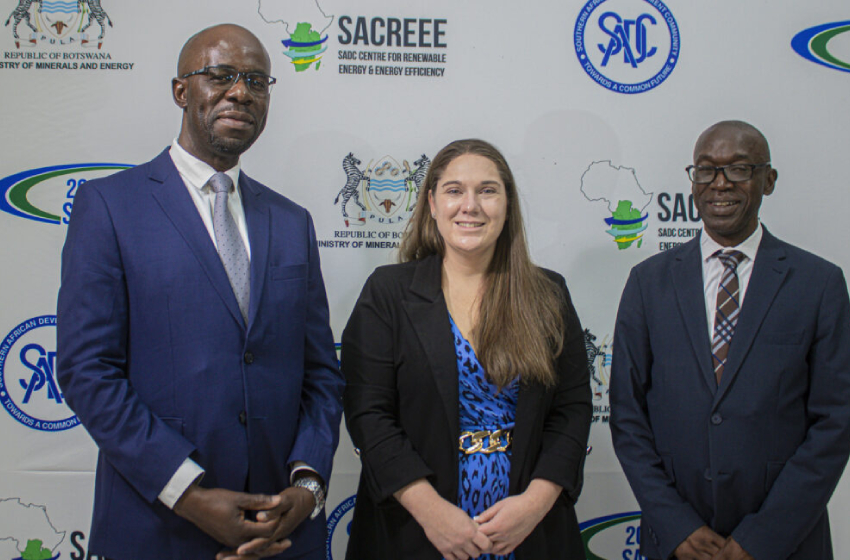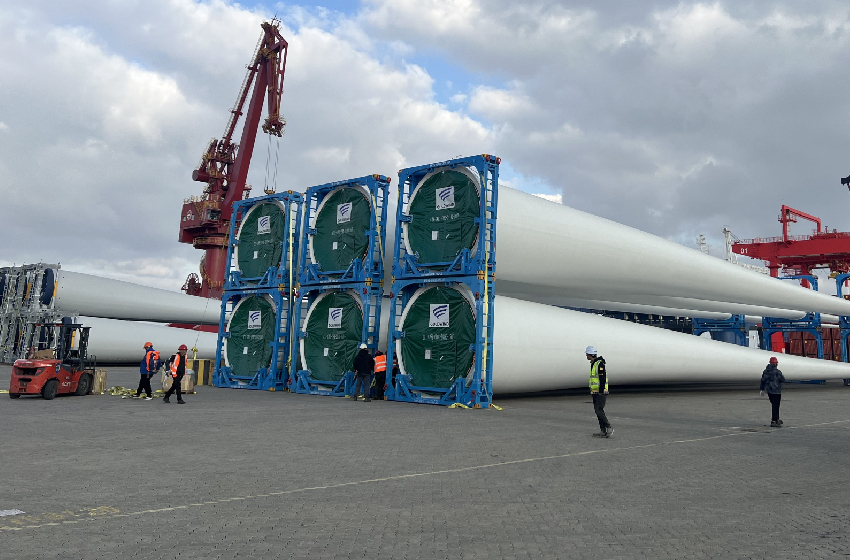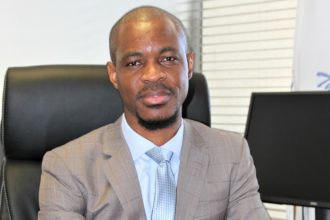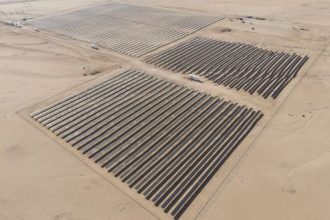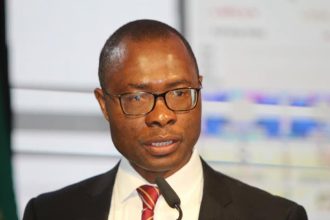Mines and Energy Minister Tom Alweendo recently told the Renewable Energy Agency (IRENA) Assembly held in Abu Dhabi from 11 to 13 January, that the country was on course towards achieving 70% of its energy supply from renewable sources by 2030.
Alweendo said as a country endowed with some of the world’s richest renewable resources, Namibia was steadfast in its commitment to achieving a clean energy transition.
“Guided by our National Energy Policy, National Renewable Energy Policy, and the Integrated Resource Plan, we are pursuing ambitious goals to enhance energy security, universal access, and regional collaboration.
“Our ongoing projects reflect this commitment, as Namibia aims to achieve 70% renewable energy supply by 2030,” the Minister said.
Alweendo said several key initiatives in the country were nearing completion, and new projects will be launched in early this year.
“These efforts highlight our determination to harness the potential of solar, wind, and biomass for a diversified energy mix.
“Namibia’s electrification strategy underscores inclusivity. By 2040, we aim to provide electricity to 432,000 households through a balanced approach of grid and off-grid solutions. This will bridge energy access gaps, particularly in underserved rural areas, ensuring that no Namibian is left behind in this energy transition,” the Minister told the IRENA assembly.
GREEN HYDROGEN STRIDES
Alweendo said Namibia was equally proud of the strides it had made in green hydrogen development, which positions the country as a key player in Africa’s energy landscape.
“Supported by a robust roadmap and partnerships with international stakeholders like Hyphen Hydrogen Energy, we aim to leverage our competitive advantage in producing green hydrogen for both domestic use and export. This initiative will not only drive economic growth but also contribute to global decarbonisation efforts,” the top government energy official said.
Alweendo, however, acknowledges that Namibia still faced several challenges in its electrification and green industrialisation agenda.
“The global energy transition requires innovative financing mechanisms and international cooperation. Namibia appreciates IRENA’s support in fostering collaboration and capacity-building among its members. We encourage continued focus on policy advisory and facilitating investments in regions with high renewable energy potential,” he said.
The 15th IRENA Assembly, themed “Accelerating the Renewable Energy Transition – The Way Forward,” convened ministers and high-level delegates from IRENA’s 170 member states, academia, development banks, CEOs, and youth representatives. Key discussions focused on tripling renewable energy capacity by 2030, enhancing ambition in Nationally Determined Contributions (NDC 3.0), supporting transitions in emerging economies, and leveraging innovative financial flows in developing countries.
“The world is undergoing rapid transformation, driven by a shifting geopolitical landscape and technological breakthroughs such as artificial intelligence. Amid these changes, renewables must remain a top global priority as the most effective way to keep climate and sustainable development goals within reach,” IRENA Director-General Francesco La Camera said while addressing participants.

